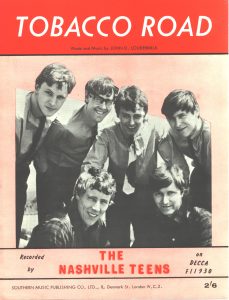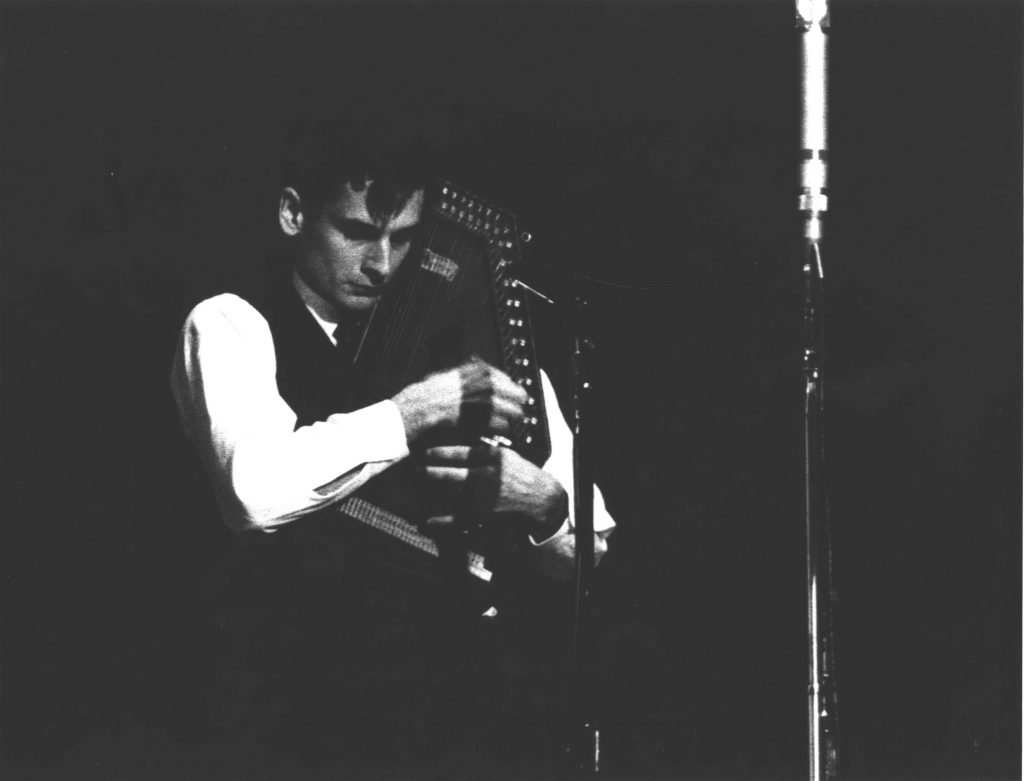From the early 1960s until the early 1970s a student group known as the Campus Folksong Club, under the leadership of faculty advisor Archie Green, brought folk musicians from all over the country to perform on the campus of the University of Illinois at Urbana-Champaign. Over the years, the Folksong Club hosted performances by the Stanley Brothers, Flatt and Scruggs, Doc Watson, and in 1965, Louisiana bluesman Robert Pete Williams.
The story of Robert Pete Williams is well known; while serving a life sentence for murder at the Louisiana State Penitentiary at Angola in the late 1950s, Williams’ songs and stories were recorded by folklorist and ethnomusicologist Harry Oster. Under considerable pressure from Oster and others in the academic community, Williams’ sentence was commuted, and by 1964 he was released from the terms of his parole and allowed to tour outside Louisiana for the first time. We are fortunate that some of these early performances were captured on tape, including the Campus Folksong Club concert featured here, tape number FT-4189/FT-4190 in the SFC’s Archie Green Collection.
Listen to a clip of Robert Pete Williams performing “I’ve Grown So Ugly”, live at the University of Illinois, Feb.12, 1965:

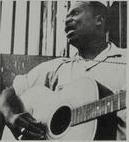
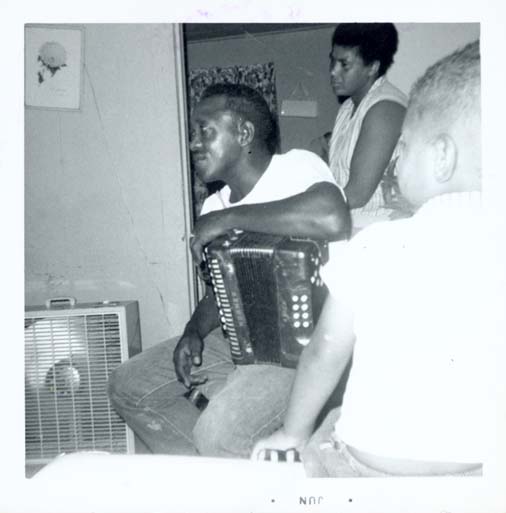

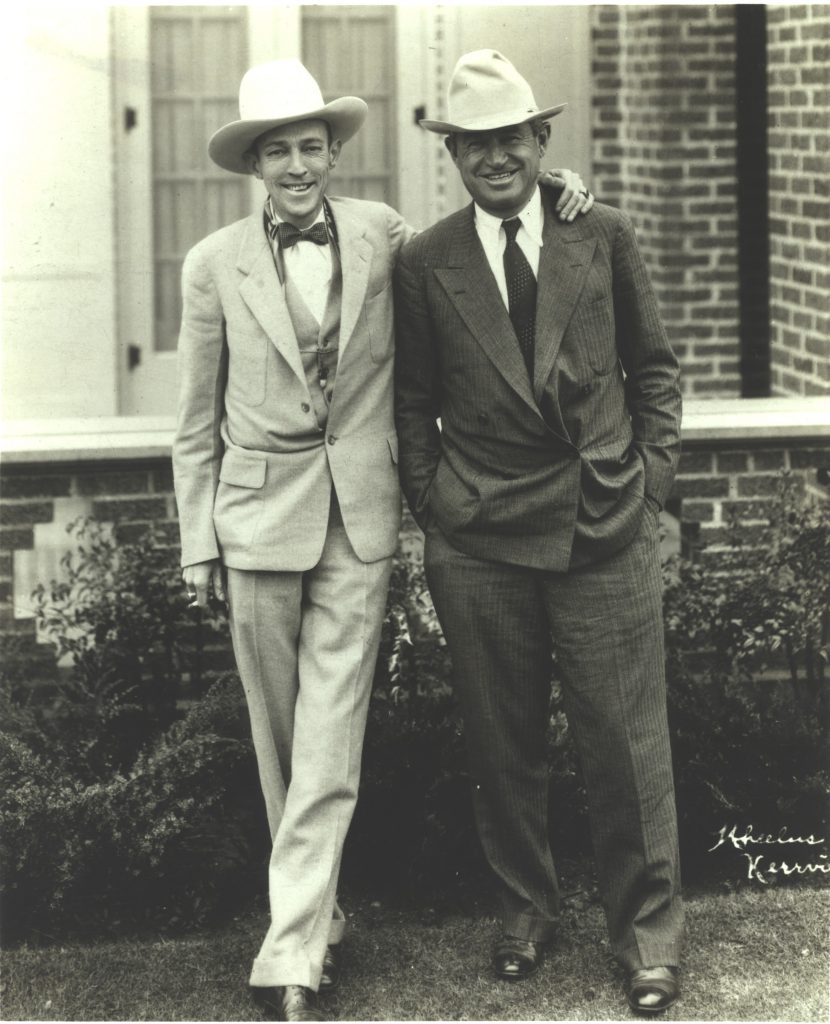
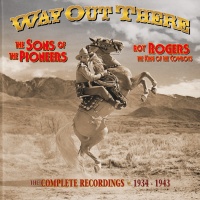
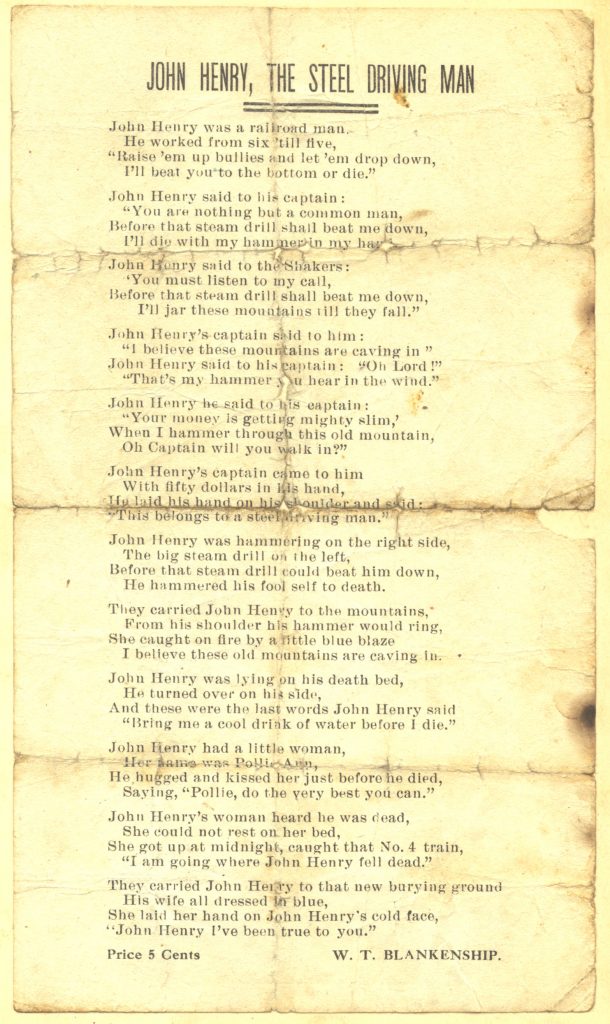 This broadside, from the
This broadside, from the 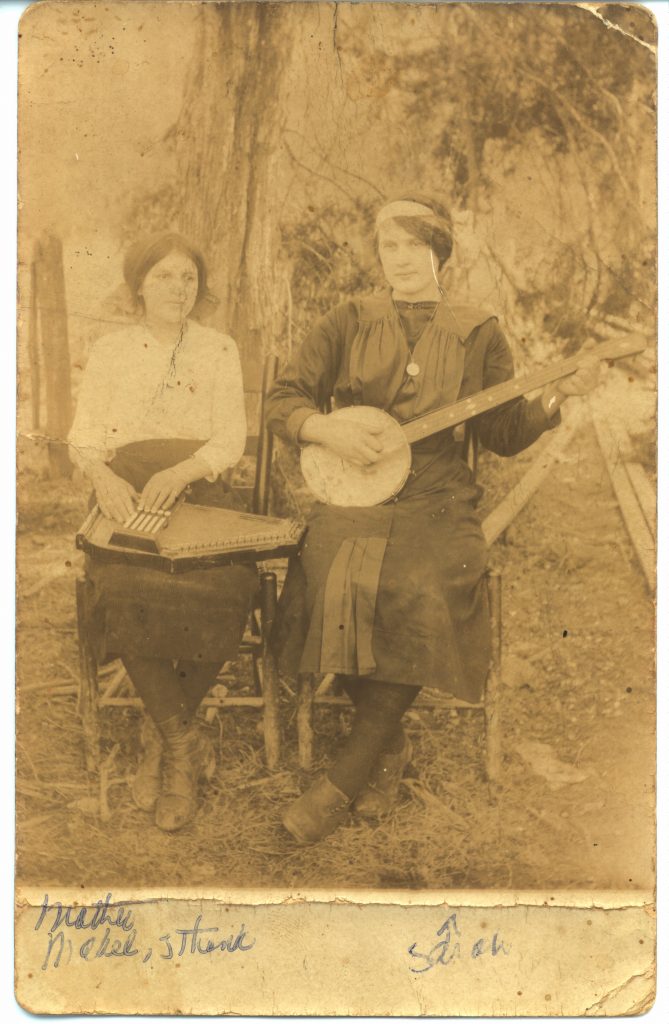 Sara Carter (banjo) and her cousin Maybelle (auto harp), ca. 1919, about eight years before the first recordings of the Carter Family.
Sara Carter (banjo) and her cousin Maybelle (auto harp), ca. 1919, about eight years before the first recordings of the Carter Family.